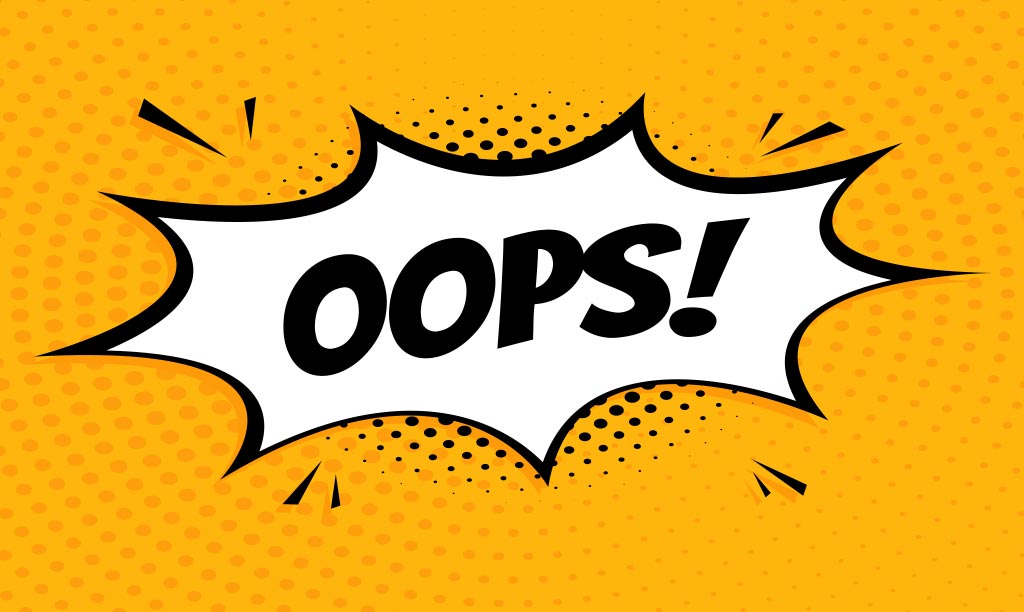Other countries do VAT differently. Those that have introduced VAT (or GST) in the more recent past, Australia for example, have arguably made it more fit for today’s world. Our VAT system is well rooted in history (some of it coming from the old purchase tax which predates the introduction of VAT in 1973). After another quiet Budget from a VAT perspective got us thinking about what we would really like to see to move VAT forward.
VAT registration
Let’s start with the one thing that was in the Budget, the VAT registration threshold. Previously with a threshold of £85,000, a disproportionately high number of businesses traded at £80,000-£85,000 to remain below the threshold. The reason for this is simple, if I trade at £84.999 I retain all of my income. However, if I trade at £85,001, I lose £14,167 in VAT to the Exchequer where I can’t pass that charge on to my customers and if I don’t incur any VAT on costs which I can recover. By earning £2 more, my net income drops from £84,999 to £70,834. It is not until my income grows to £102,000 that I get back to my net income after VAT of £85,000.
A tiered system for small businesses similar to the flat rate scheme would encourage growth without the fear of a cliff edge loss of income. An increase in the registration threshold to £90,000 merely shifts the same problem slightly higher, as does any significant increase or decrease in the registration threshold which have been widely discussed as alternatives.
Wholesale changes, not product specific reliefs
No-one can argue that recent reliefs introduced for feminine hygiene products and period pants on the basis that these are essential and should be accessible to all without VAT adding to the cost are anything other than right. However, a system which introduces reliefs and changes based on individual lobbying risks further complication and pandering to those with the loudest voices (or deepest pockets). Furthermore, there is limited evidence, as well as evidence to the country, that rate cuts on specific products ever reach the consumer and do anything but boost the profitability of the manufacturer and retailer.
Recent calls for zero rating toilet roll are well meant and hard to argue against when citing the “essential” argument, however a more holistic review of the reliefs and exemptions would make more sense. Especially considering we are now several years after Brexit – the very thing meant to liberate the UK from EU legislation and restrictions.
There are strong arguments to apply the reduced rate of VAT to hospitality and zero rate relief to education and welfare to either boost the economy, support beleaguered industries or remove trapped VAT in sectors which benefit society as a whole.
HMRC service
Anybody who has tried to interact with HMRC’s error notification, registration, VAT grouping, option to tax or clearance teams will have no doubt encountered challenges contacting the teams in the first place, not to mention the delays in obtaining a meaningful response.
It has been our experience that the quality of responses in some quarters have also been found wanting, with personal opinion replacing factual interpretation of the law. We have come across HMRC officers asserting that Sunday worship is not a charitable activity and some suggesting that pets do not benefit human kind.
Far from a trend of wanting to reduce the cost of HMRC, it is our opinion that significant investment in more resource and quality training would improve the tax take and the external perception of HMRC. In some countries it is seen as the pinnacle of a tax advisor’s career to work for the tax authorities, having served their apprenticeship in practice or industry first.
Tribunal service
The Tribunal service does a fine job in arbitrating increasingly complex and outdated legislation. However, it appears the days of the First-tier Tribunal providing a quick and cost-effective remedy are long gone.
It seems to be becoming increasingly challenging for a small business to challenge an HMRC decision at the Tribunal, with months of preparation and potentially the requirement to have Counsel increasing costs.
Similarly, large businesses seem to be taking cases as much for publicity as the chance they may actually win. A situation not helped by national news headlines of many food cases and quotable statements made in the Tribunal judgements (a certain crisp maker must have been delighted to read the quote about certain products not just being for monsters, even if the outcome of the case was disappointing for them).
On balance what VAT needs is wholesale reform to simplify a tax. VAT is second only to income tax in yield to the Exchequer, but levied on every transaction not just through a payroll or self-assessment tax return. We need a tax authority and Tribunal service which recognises that a self-assessing tax across hundreds, thousands or even millions of transactions is difficult and the vast majority of tax payers just want to be able to get it right and continue to focus on growing their businesses.
























